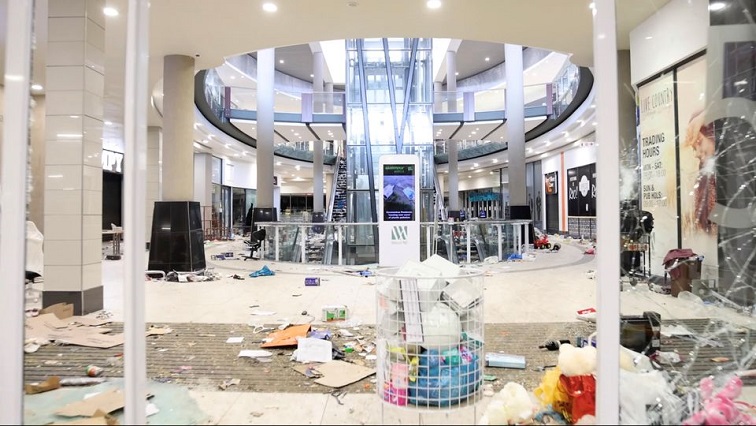Recent unrest in South Africa damaged hundreds of businesses but property developers and retailers say they remain committed to the fast-growing consumer markets of its predominantly Black townships.
Riots broke out this month after former President Jacob Zuma handed himself in to start a 15-month jail term for contempt of court.
More than 300 people died and about 3 000 stores were looted, over half of them belonging to major retailers and fast food brands.
At least 161 shopping malls, 11 warehouses and eight factories suffered heavy damage, sites that include tenants such as grocery chain Shoprite and Walmart majority-owned Massmart.
Exemplar REITail had five of its 27 malls damaged, including three which are expected to take up to four months to return to normal operations, CEO Jason McCormick told Reuters.
Yet McCormick said the company remained committed to not only repairs, but the development of another 30 malls in the pipeline.
“What happened was tantamount to a black swan event. I don’t think anyone ever foresaw the extent of this ever happening,” McCormick said at one of the group’s malls in Johannesburg.
McCormick’s views reflected those expressed by six other CEOs and executives of listed property companies and two retailers interviewed by Reuters.
Vukile Property Fund, for example, will repair its damaged Daveyton Mall in Johannesburg, one of the first township malls, and will forge ahead with a 90 million rand upgrade of the site, CEO Laurence Rapp said.
“It’s one of our most successful malls in the portfolio in terms of all its trading densities and trading statistics,” Rapp said, adding that the current book value of the six damaged properties is around 2.8-3 billion rand.
Real estate developers and retailers have spent the last two decades targeting rising consumer spending by the Black middle class in areas that were disadvantaged for decades under white minority rule.






